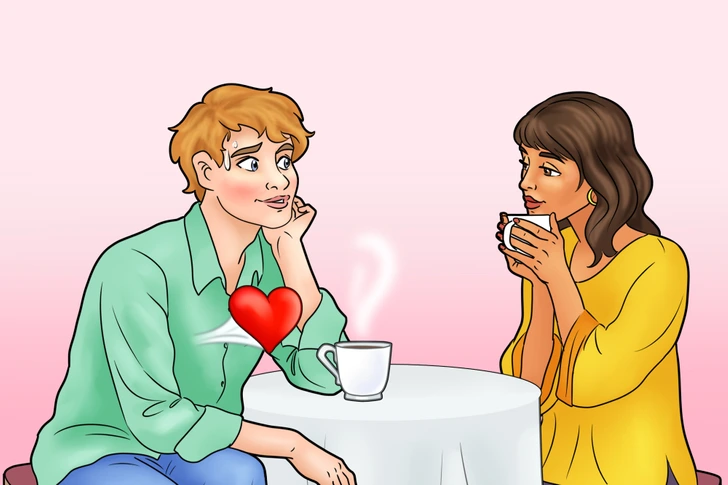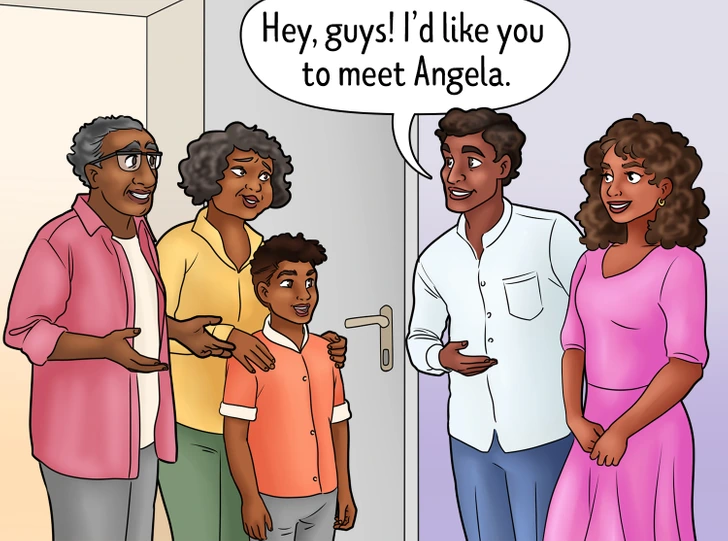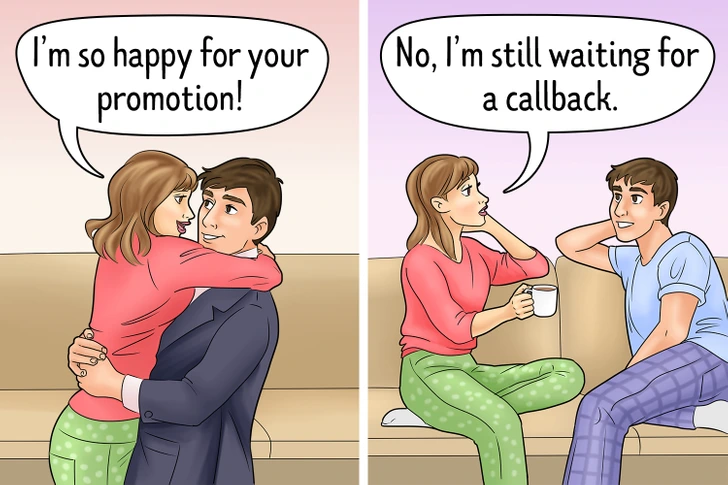When you fall in love, your dopamine levels spike, creating a rush of happiness that feels almost euphoric. It’s an intense sensation that often makes you feel invincible, especially when the feelings are mutual. However, this overwhelming excitement can sometimes be misleading, stemming from lust or infatuation rather than genuine love. These fleeting emotions can ignite quickly, but they can also fade just as fast, leaving you feeling empty or disillusioned. So, how do you differentiate between love and lust? Let’s explore the signs that can help you navigate these powerful feelings.
True Love vs. Lust: How to Recognize the Difference
True Love Goes Beyond Physical Attraction

While lust often focuses on physical allure or the thrill of newness, true love sees the person as a whole, flaws and all. You’re drawn not just to their appearance, but to who they are—whether they’re dressed to impress or lounging at home in sweatpants. True love appreciates the authentic, everyday version of someone, embracing quirks and imperfections. It’s about feeling a deep connection that isn’t swayed by changing circumstances or superficial factors.
Lust, on the other hand, is more like fireworks: flashy, intense, and short-lived. It thrives on physical attraction and the initial rush but struggles to sustain itself over time. If your feelings are primarily focused on someone’s looks or how they make you feel in the moment, it’s likely lust rather than true love.
You Constantly Crave Their Presence

In both love and infatuation, you want to be near the person as much as possible. You find yourself eagerly anticipating the next call, message, or meeting. Even after spending hours together, you still crave more. This desire to be close is natural, but there’s a key difference in how it manifests. In love, you’re not just chasing the next thrill; you’re seeking genuine companionship, even during mundane moments.
Infatuation, however, often comes with a sense of urgency and nervous energy. You might feel on edge, constantly questioning whether your partner feels the same or if the relationship has a future. This uncertainty can lead to anxiety, making the experience more of an emotional rollercoaster than a stable journey.
They’re Always on Your Mind

When you’re in love, the person often occupies your thoughts throughout the day. You find yourself replaying memories, glancing at photos, and sharing stories about them with friends. Love makes you want to know more about their life, their struggles, and their joys. You’re invested in their well-being and genuinely care about their happiness, even when they’re not around.
In contrast, infatuation can feel more obsessive. Your thoughts are often focused on when you’ll see them next or how they make you feel, rather than who they truly are as a person. It’s less about understanding them deeply and more about chasing the high they bring you.
The Relationship Flows Naturally

True love feels like coming home—it’s safe, comfortable, and effortless. You don’t need to force quality time; it happens naturally because you genuinely enjoy each other’s company. Conflicts may arise, but in a loving relationship, both partners prioritize resolution over being right. The goal is to maintain the connection, not to win arguments.
Lust-driven relationships, however, can feel more chaotic. They might be intense, but they often lack the stability and trust needed for long-term growth. The focus is often on winning, maintaining power, or getting what one wants, which can create a toxic cycle of ups and downs.
You Feel Jealous—But in a Healthy Way

Jealousy is a natural emotion in relationships, but how it’s managed can indicate whether you’re in love or simply infatuated. In true love, a bit of jealousy is normal, but it’s quickly addressed with open communication and trust. You feel secure enough to ask questions and express concerns without resorting to controlling behaviors.
In lust or infatuation, jealousy can quickly spiral out of control. You might find yourself snooping through their phone, tracking their location, or feeling threatened by anyone who gets close to them. This level of distrust often indicates a lack of true emotional connection and is a red flag that the relationship may not be rooted in genuine love.
You Want to Introduce Them to Your Loved Ones

When love is real, you naturally want to introduce your partner to your family and friends. You’re excited to share this person with those who matter most to you, hoping they’ll receive the same warmth and acceptance. This desire to integrate your partner into your social circle signifies a commitment to building a shared future.
If your relationship is driven by lust, you might be hesitant to make these introductions. You’re more focused on the immediate experience than on building a lasting bond, making it harder to envision a future that includes family gatherings and shared milestones.
You Feel Empathy and Compassion for Them

In love, you feel a genuine connection to your partner’s emotions. When they’re happy, you’re happy; when they’re hurting, you feel their pain. This level of empathy fosters a deep bond, making it clear that your feelings are not just skin-deep. You want to support them in times of need, whether it’s by listening to their worries or caring for them when they’re sick.
Lust, on the other hand, is often more self-centered. You might feel less concerned about your partner’s struggles or emotional well-being, focusing more on how they make you feel rather than how you can support them. The relationship becomes more about personal gratification than mutual growth.
You’re Willing to Make Future Plans

True love naturally includes discussions about the future. You envision them as part of your long-term plans, whether it’s attending a family wedding together or planning a vacation a year from now. You consider how your decisions might impact the relationship, demonstrating a deeper level of commitment.
In contrast, lust is often rooted in the present. You might enjoy the moment but hesitate to make any significant plans or commitments. This lack of foresight indicates that the relationship may be more about immediate gratification than building a life together.
Conclusion: Embracing the Depths of True Love
Love and lust are both powerful emotions, but only one leads to lasting happiness. Understanding the differences between them can prevent unnecessary heartache and help you build meaningful, fulfilling connections. While lust can be exhilarating, true love offers a deeper sense of security, empathy, and shared growth. So, next time you feel the butterflies, take a moment to ask yourself: Is it love, or is it just the thrill of the chase? The answer can make all the difference.


